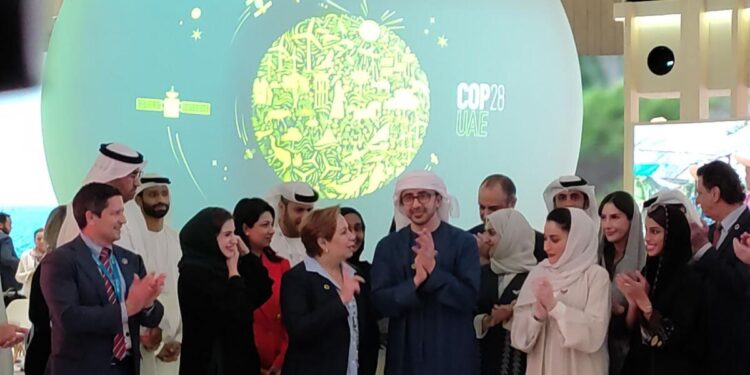The International Association of Public Transport’s secretary general, Mohamed Mezghani, has emphasized the significance of addressing emissions reduction and sustainable transportation at the Cop28 summit. In his statements:
Mezghani describes Cop28 as the “last chance” to align with the 1.5°C global warming target, underscoring the urgency of meaningful emissions reduction efforts.
He highlights Dubai’s low-emission public transportation expansion as a potential model for other cities and promotes the adoption of electric, hybrid, or hydrogen-powered vehicles to reduce emissions.
Mezghani stresses the importance of approaching transportation from a policy perspective and underscores the role of sustainable mobility and public transportation in reducing CO2 emissions.
He suggests that the focus should shift from making pledges to implementing concrete emission reduction measures.
Mezghani points out that transportation accounts for approximately a quarter of global emissions, emphasizing the need to address emissions in this sector.
Many leaders in the automobile industry are investing in an electric future, and several economies have committed to achieving net-zero emissions by 2050.
The statement also highlights the vehicle industry’s role in improving urban life, air quality, and reducing noise pollution.
Mezghani describes the Cop28 summit as the last opportunity for accelerated progress in decarbonization, and he notes that the UN climate talks will commence on November 30 in Dubai.
Dubai’s sustainable transportation initiatives, including plans for flying taxis, non-gasoline taxis, and an all-electric bus fleet, are mentioned, along with the significant growth in Dubai’s public transportation use since 2006.
He suggests that Dubai could serve as a model for other cities in terms of accelerating the development of public transportation, particularly in the Middle East and North Africa (MENA) region.
Mezghani points out that the MENA region is making substantial progress in adopting public transportation, with a key differentiator being the speed of execution compared to some regions in Europe.
Despite many cities in the MENA region originally being designed for cars, there is growing awareness of how public transportation can benefit cities, tourism, and economic growth.











